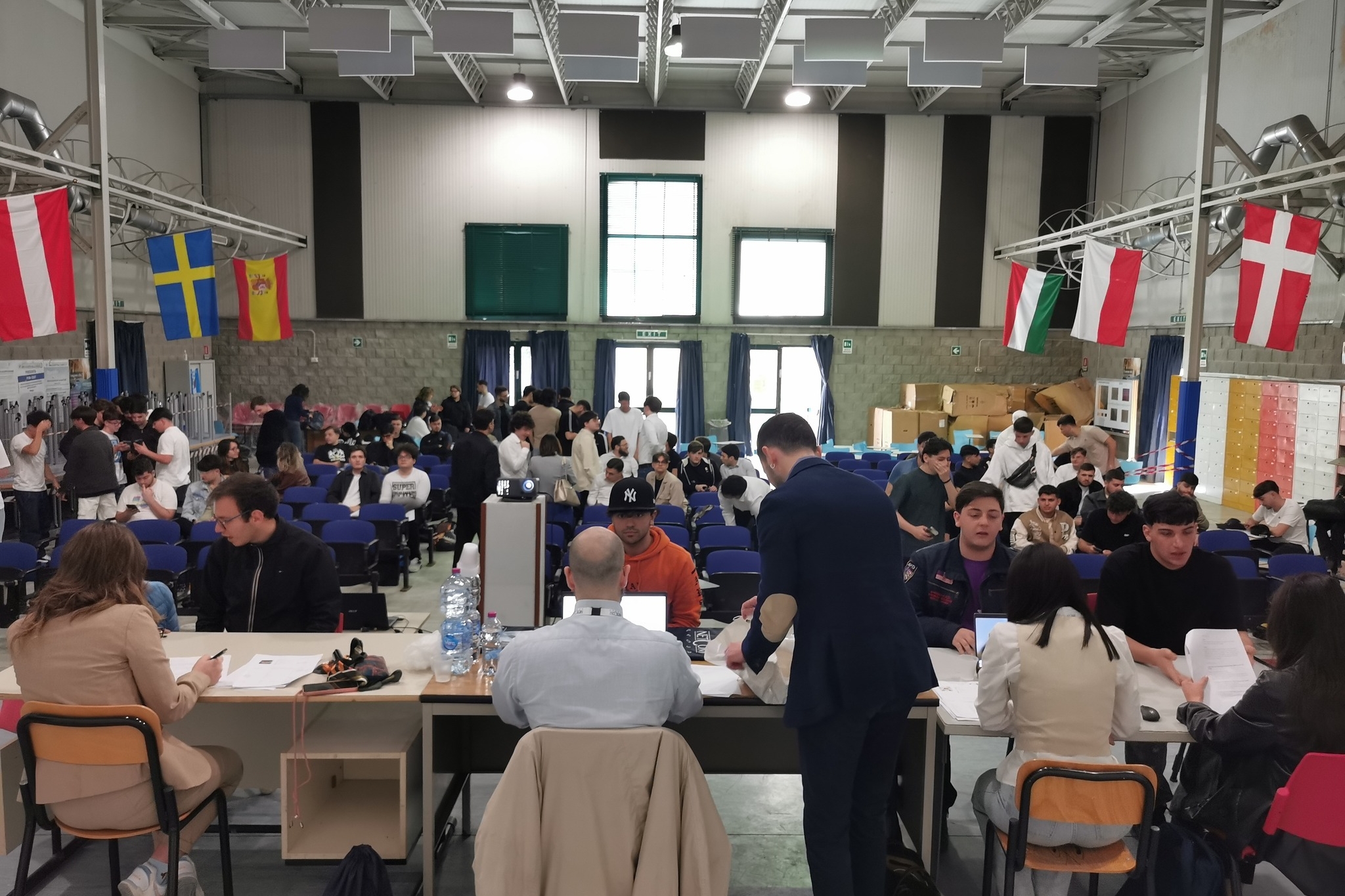Abstract
Connected and automated vehicles will characterize the future of the mobility, featured by Smart Roads and Internet of Things technologies. Vehicles will behave as mobile nodes of a network, enabling communication between them and with respect to the road infrastructure. In order to provide advanced driver assistance and automated driving along a Smart Road, control strategies need to take into account both parametric variations due to environmental and/or weather conditions (e.g., wind speed, presence of ice, and/or rain), and constraints related to road safety and vehicular traffic. For this reason, advanced adaptive control strategies result particularly suitable to provide a complete control of the vehicle. This article proposes an extension to a previous conference paper, concerning a Processor in the Loop testing of an Adaptive Model Predictive Control for coupled longitudinal/lateral vehicle dynamics, where the ego vehicle was simulated through a bicycle model. In the present work, a low-cost real-time Hardware In the Loop test bench, featured by Raspberry boards, is used to verify the control strategy in a way closer to a real application. A four-wheel vehicle dynamic model is considered to simulate the ego vehicle, then robustness and sensitivity tests with respect to parametric variations related to road friction, wind speed and vehicle mass, and a comparison with an existing adaptive MPC are performed. The achieved results show good robustness properties, safety performances and confirm the real-time execution of the control strategy, paving the way for future developments, where the goal will be the testing in a real road scenario by using an IoT gateway purposefully designed by the NetCom company.
Read the paper here https://onlinelibrary.wiley.com/doi/full/10.1002/acs.3583
Related Posts
15 Aprile 2024
In giro per atelier – 14 scultori contemporanei si raccontano
In Evidenza
Le nuove funzionalità dell'App PORBEC presenti nel volume "In giro per atelier"…
17 Aprile 2024
Best Backup for Microsoft 365 Reselling Partner 2023 – Core Informatica
Premio Best Backup for Microsoft 365 Reselling Partner 2023


